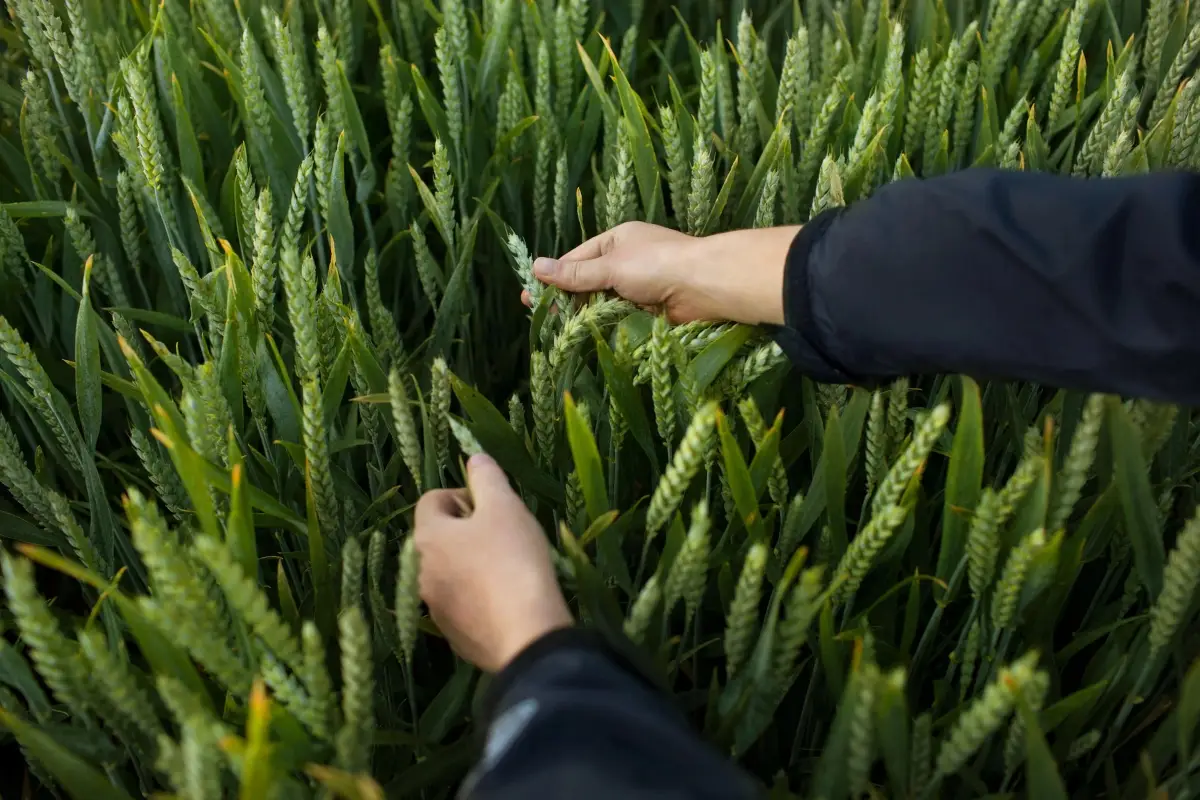
Bayer launches Icafolin, an alternative to glyphosate
Sales potential of around 750 million euros for the new herbicide available from 2028

Bayer is advancing its flagship product pipeline by submitting applications for icafolin-methyl in the European Union, after completing applications in Brazil, the United States, and Canada. Icafolin is the first novel mechanism of action in agriculture for post-emergence weed control in extensive crops in over 30 years. With estimated sales potential of approximately €750 million, Bayer expects Icafolin to be launched starting in 2028, with initial availability in Brazil. The new DSO operating model was instrumental in advancing the registration applications for Icafolin.
Icafolin belongs to a new chemical class that offers unique properties that allow for lower dosages, more targeted applications, and is expected to demonstrate an exceptional safety and sustainability profile. Furthermore, Icafolin complements existing herbicides, such as glyphosate, offering an innovative solution in the fight against weed resistance, a top priority for farmers. In recent years, weed resistance has increased globally and poses a threat to food security, as resistant weeds compete with crops for sunlight and nutrients, significantly reducing yield and crop quality.
"Weeds threaten food security and farmers' livelihoods, which is why investing in breakthrough innovations like Icafolin is vital," said Mike Graham , head of Research and Development for Bayer's Crop Science division. "Access to an entirely new class of herbicides that complements existing tools not only helps farmers combat and prevent weed resistance, but also helps them adopt and maintain no-till and reduced-till practices that improve soil health, a cornerstone of regenerative agriculture."
Icafolin was developed for initial use in soybeans, cereals, legumes, and oilseed crops, as well as pome and stone fruits, nuts, grapes, and citrus fruits. Because of its novel mechanism of action, it offers unique properties and benefits. Treated weeds "freeze" in the fields, meaning they stop competing with crops for water, nutrients, and sunlight. However, dead weeds remain in the fields longer because they largely retain their structure. This creates a layer of mulch that helps prevent erosion and trap moisture in the soil. By ensuring effective weed control, it reduces the need for tillage, supporting regenerative agricultural practices that can improve soil health.
Furthermore, Icafolin's intrinsic properties make it suitable for targeted applications and lower dosages, which has allowed Bayer to submit applications for registration with reduced-risk status. Icafolin is the first product to utilize CropKey, Bayer's innovative R&D approach to developing new crop protection products, which has optimized the formulation taking into account multiple dimensions, including efficacy, safety, sustainability criteria, and farmer convenience. CropKey will continue to accelerate the way researchers design, rather than screen, new molecules, supporting the more rapid development of future products targeting specific proteins in weeds, pests, and crop diseases.
"With CropKey, we're not only responding faster to current agricultural challenges, but also proactively anticipating future needs," said Rachel Rama , Senior Vice President and Head of Small Molecules at Bayer's Crop Science division. "Leveraging artificial intelligence significantly accelerates our journey from ideation to market, giving farmers access to the most effective and environmentally friendly crop protection products."
Following the initial launch in Brazil in 2028, Bayer plans to sell Icafolin in the United States, Canada, the EU, and other regions in the following years.
EFA News - European Food Agency